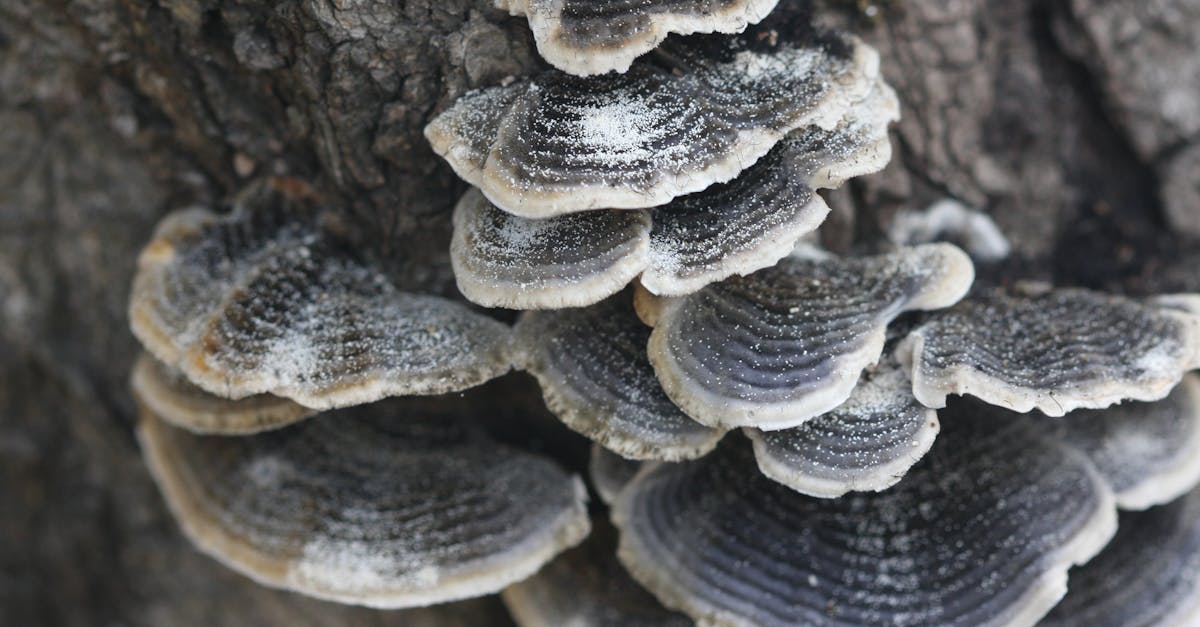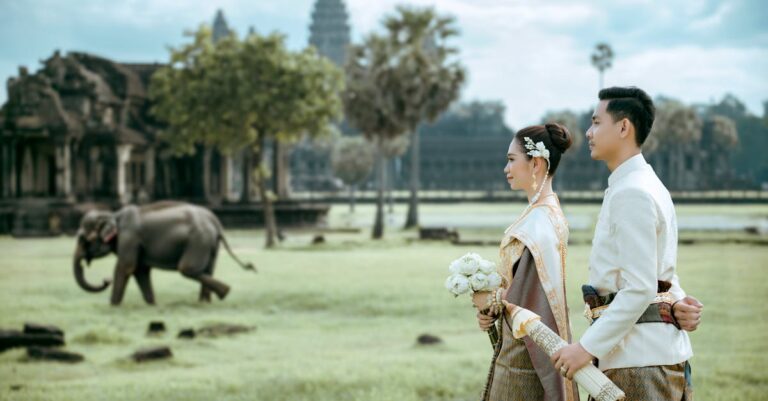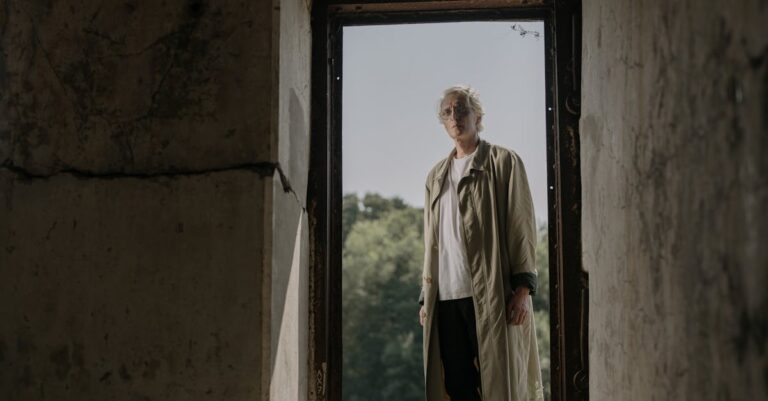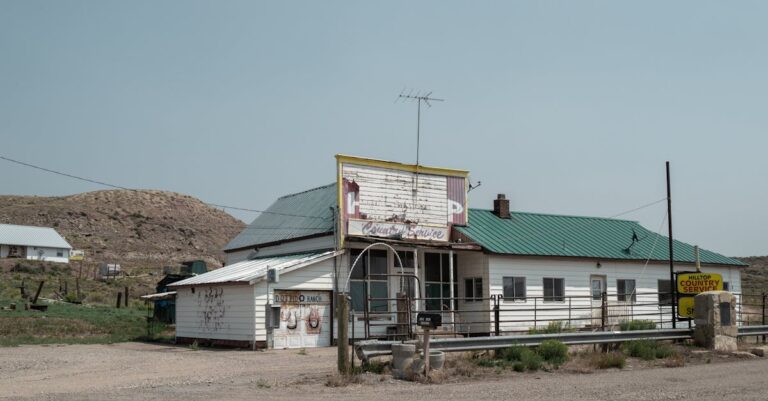
## The Lunar Bloom
The biting wind clawed at Albrecht’s threadbare coat, a stark echo of the fever that gnawed at Prague. He walked with a stoop forged from years hunched over simmering pots and cryptic texts, the cobblestones slick beneath his worn leather boots. The smell of woodsmoke mingled with a sickly sweet odor—the pervasive scent of the plague, clinging to everything.
He followed the trail of discarded herbs and frantic whispers toward the city limits, his gaze fixed on the hunched figure ahead. Albrecht. He’s been tracking him for weeks, a phantom of folk wisdom and hidden knowledge. The man carried himself with the weary grace of someone who has witnessed too much, understood things others couldn’t grasp.
“Herr Albrecht,” he muttered, his voice raspy. A young man, barely more than a boy, with eyes wide with fear and desperation, stepped into his path. “My sister… she burns.”
Albrecht ignored him, continuing onward. He needed to reach Albrecht. The man held the key, a fragile hope in this sea of despair.
He found him deeper within the city’s outskirts, tending to a makeshift infirmary. The air hung thick with sickness, punctuated by ragged coughs and desperate prayers. Agnes Brun stood nearby, her face etched with exhaustion, meticulously cataloging herbs in a worn leather-bound journal.
“Still chasing shadows?” she asked, her voice dry, but laced with a hint of curiosity. Her fingers traced the stem of a dried belladonna flower, her gaze sharp and intelligent.
“Not shadows,” Albrecht replied, his voice low. “Potential.” He gestured toward a poultice simmering over an open flame, its fungal scent far more complex than anything Agnes had encountered. “This… this offers something different.”
Agnes approached cautiously, her nose twitching as she analyzed the aroma. “Antimatter fungi? You believe this can combat *this*?” She swept a hand at the huddled figures within the infirmary, their faces flushed with fever.
“The earth remembers,” Albrecht murmured, stirring the bubbling mixture. “Cycles repeat. Patterns emerge.” He paused, his gaze drifting to a faded lunar chart hanging on the wall of the temporary space. “The moon dictates.”
He found more than just sickness in Prague. He discovered a truth buried beneath centuries of dogma and fear. A connection he had dedicated his life to understanding, linking past plagues, present suffering, and a cosmic dance far beyond human comprehension.
The whispers began subtly. Rumors of Albrecht’s poultices, whispered in darkened alleys and hurried exchanges. Agnes documented each success, each failure, with the methodical precision of a scientist confronting a puzzle. She found a common thread woven through each outbreak, a link between the disease and unusual lunar alignments witnessed in her childhood. Years ago, concealed within the confines of a Jesuit academy, she observed lunar orbits with Father Karger, a conflicted academic secretly testing Albrecht’s theories.
“The placements… they mirror those of the Great Mortality,” she stated, pointing to a diagram. Father Karger, now an old man fading into obscurity, had dismissed her early observations as fanciful notions. “He called me foolish.”
“Foolishness can sometimes unlock the greatest truths,” Albrecht responded, his gaze unwavering.
He had always felt alone—a solitary scholar pursuing a truth no one else seemed to want. Agnes’s confirmation, her meticulous record-keeping, provided a strange solace. A shared burden of knowing something the world wasn’t ready to accept.
The Jesuit’s test subjects were peasants, ostracized and forgotten by the city’s elite. Karger, driven by a desperate hope to redeem himself after years of intellectual stagnation, secretly administered Albrecht’s fungal poultices to the immune ones.
“The alignment is imminent,” Karger confessed, his voice trembling with age and fear. He showed them a codex—ancient, brittle, filled with cryptic symbols. “My grandfather discovered this. It speaks of a subterranean network… ancient ecodynamics.”
The codex detailed an extinct ecosystem, vast caverns beneath Bohemia teeming with life unlike anything known to humanity. An organism whose cycles echoed lunar phases, influencing fungal growth and offering a potential cure—or a devastating plague.
“The earth breathes,” Albrecht stated, tracing the faded script with a calloused finger. “We are merely listening to its rhythm.”
The peasant population, deemed unworthy of mainstream care, displayed an unexpected resistance to the plague. A misjudgment at first, deemed a statistical anomaly, now revealed itself as evidence connecting them to the codex’s secrets.
A young boy, Tomas, who was quarantined with his family but showed no symptoms, approached Agnes. “My grandmother… she collects the mushrooms that grow near the caves,” he said, pointing towards a network of tunnels carved into the hills. “She says they sing when the moon is full.”
Albrecht and Agnes followed Tomas to a hidden entrance, concealed behind a curtain of ivy. A damp chill emanated from the darkness within.
The cave system was breathtaking—a subterranean wonderland sculpted by forces beyond human comprehension. Glowing fungi illuminated the vast chambers, casting an eerie luminescence on the intricate rock formations.
“The codex speaks of a symbiotic relationship,” Agnes murmured, scanning the walls with her lantern. “A balance between fungal growth and lunar cycles.”
They found it—a colossal network of luminous fungi, pulsing with an otherworldly light. Its tendrils stretched across the cavern walls, intertwining with the subterranean rock.
“This… this is it,” Albrecht breathed, his voice filled with awe and a hint of trepidation.
The lunar bloom was at its peak, the caverns bathed in an ethereal glow. Albrecht harvested a sample of the fungus, carefully placing it within a specially prepared container.
“We must proceed with caution,” Agnes cautioned, her eyes darting across the cavern floor.
The journey back was fraught with danger—guarded by zealous inquisitors determined to eradicate any perceived threat to the Church’s authority and eager followers seeking a cure.
A confrontation with Father Karger’s former students turned violent, but Albrecht and Agnes managed to escape, carrying the precious fungal sample.
Back at the makeshift infirmary, they prepared a concentrated extract of the fungus, carefully administering it to those suffering from the plague.
The results were astonishing—the fever broke, the cough subsided, and strength returned to those who had been on death’s doorstep.
News of Albrecht’s cure spread like wildfire, but the Church remained skeptical, labeling him a heretic and Agnes a consort.
“They fear what they cannot understand,” Albrecht said, watching the smoke rising from a distant pyre. Inquisitors had burned all evidence of their discoveries, deeming them heretical.
Agnes held up a single dried belladonna flower, its scent clinging to the air. “Knowledge cannot be destroyed,” she said, her voice unwavering. “It merely shifts.”
The plague eventually subsided, but the memory of its devastation lingered like a shadow.
Albrecht and Agnes retreated to a remote corner of Bohemia, establishing a small sanctuary where they continued their research, shielded from the prying eyes and oppressive dogma of the Church.
They knew that their work was far from over—that there were other cycles to understand, other patterns to decipher.
One evening, under the glow of a full moon, Tomas visited them. He carried a basket filled with mushrooms—mushrooms that sang when the moon was full, echoing the ancient rhythms of the earth.
“My grandmother says you were right,” he said, handing them the basket. “The earth remembers.”
Albrecht and Agnes exchanged a knowing glance—a silent acknowledgment of the enduring power of knowledge, resilience, and the profound connection between humanity and the cosmos. The lunar bloom continued, unseen, unheard by most—a testament to a secret whispered between the earth and those willing to listen.


